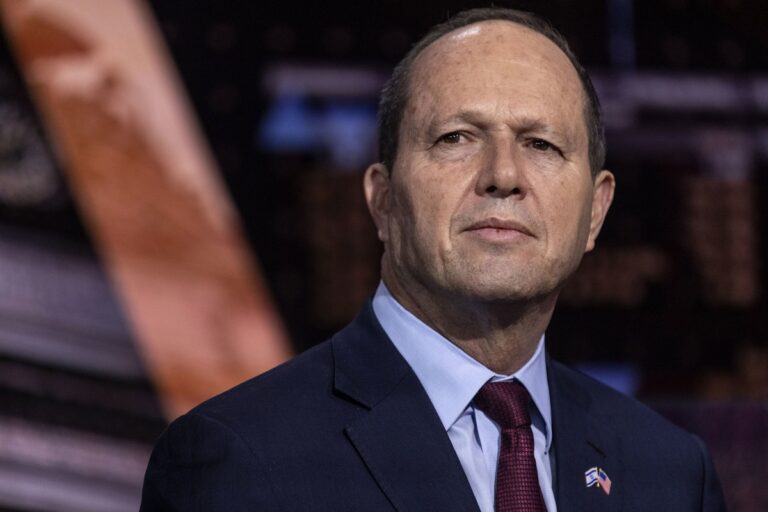🎧 Listen to This Article
Israel Finalizes Full Tariff Elimination on U.S. Goods Ahead of Trump Tariff Announcement
On April 1, 2025, the Israeli government announced the full removal of remaining tariffs on U.S. imports, a strategic move aimed at reinforcing bilateral ties and preempting economic turbulence from a new wave of reciprocal tariffs planned by the Trump administration.
The policy, finalized pending approvals from Economy Minister Nir Barkat and the Knesset Finance Committee—both considered formalities—will render 100% of U.S. goods entering Israel duty-free.
Trade Ties: Strategic and Economic Drivers
The U.S. remains Israel’s top trading partner, with bilateral trade valued at $34 billion in 2024. While 98% of U.S. goods were already tariff-free under the 1985 U.S.-Israel Free Trade Agreement, the final set of tariffs—mainly agricultural duties totaling ₪42 million (~$11.3M) annually—are now being lifted.
Israeli Prime Minister Benjamin Netanyahu, joined by Finance Minister Bezalel Smotrich and Minister Barkat, emphasized that the decision is intended to:
- Enhance market competition
- Lower domestic consumer costs
- Deepen U.S.-Israel economic integration
“This is not just an economic measure—it’s a geopolitical alignment,” said Netanyahu in the joint statement.
Government Officials: Economic Prudence & Strategic Timing
Finance Minister Bezalel Smotrich, who had already signed the deregulation order, urged expedited implementation and coordination with U.S. trade authorities. He cited Trump’s forthcoming reciprocal tariffs as a risk not just to adversaries, but also to allied economies like Israel’s.
“Completely eliminating tariffs on imports from the U.S. is a significant step in safeguarding the Israeli economy during a sensitive period,” Smotrich stated.
Domestic Impacts: Agriculture in Focus
While the removal of agricultural tariffs is expected to benefit Israeli consumers, the Agriculture Ministry has acknowledged the potential for disruption to local farming sectors. It signaled possible compensation packages if American imports undercut domestic producers in the wake of U.S. retaliatory tariff actions.
Political Undercurrents
The announcement coincides with intra-coalition friction in the Netanyahu government. Smotrich temporarily resigned from the finance post this week—a procedural move to reclaim a Knesset seat and a symbolic protest against internal demands from the far-right Jewish Power party.
Nonetheless, he is expected to be reinstated as Finance Minister following a parliamentary vote, underscoring the political fluidity surrounding the tariff decision.
Tactical Trade Policy Meets Domestic Cost-of-Living Strategy
With the U.S. poised to impose broad-based reciprocal tariffs, Israel’s swift tariff removal:
- Strengthens its free trade credibility
- Shields itself from potential retaliatory fallout
- Reaffirms its alliance with Washington during a volatile trade climate
Yet, the impact on local producers and long-term consumer prices will be closely watched. The move is both a signal of economic agility and a test of domestic economic resilience.
For further details, clarification, contributions, or any concerns regarding this article, please contact us at editorial@tax.news. We value your feedback and are committed to providing accurate and timely information. Please note that our privacy policy will handle all inquiries



